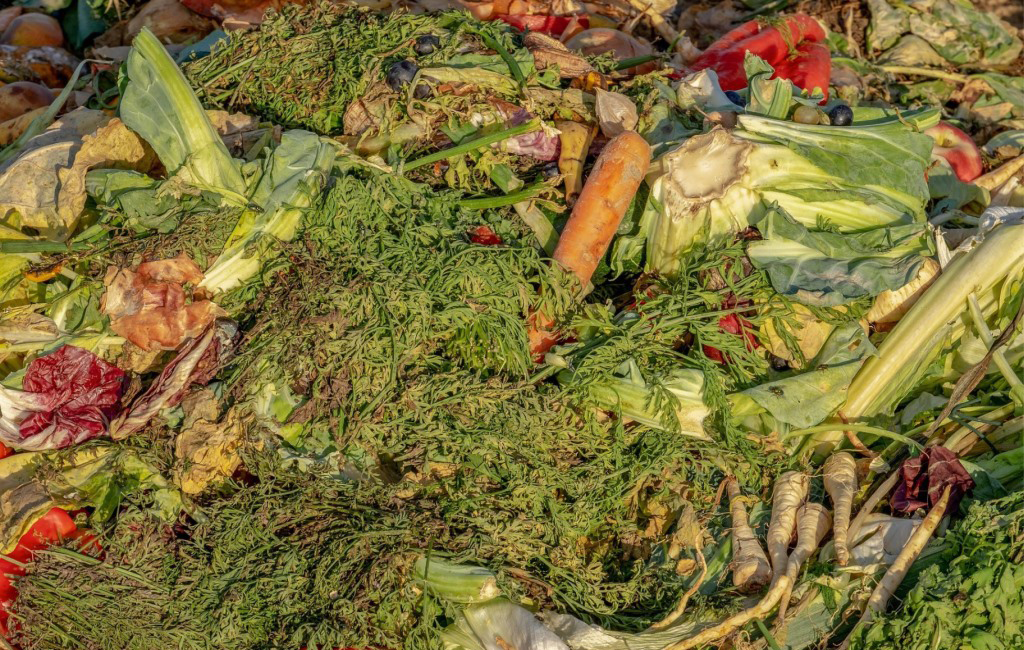REA comments on the Co-op’s ban on single-use plastic bags in over 1000 stores
- Co-op will replace single-use carrier bags in over 1000 stores with multipurpose ‘compostable bags’
- This is part of their ethical strategy which includes a number of plastic reducing initiatives
- The scheme aims to reduce the amount of non-compostable plastic bags and bin liners being sent to composting facilities
- The REA will monitor the schemes impact on commercial organics recycling members and ensure it meets the Composition Packaging Certification Scheme
The REA welcomes the Co-op’s decision to replace single-use plastic bags with ‘compostable bags’. This is part of their ethical strategy due to launch this week that also includes promises such as introducing easily recyclable own-brand packaging by 2021.
The scheme will initially be introduced to the almost 1400 stores which are based in areas where Local Authorities accept the ‘compostable bags’ as part of their food waste recycling. As the compostable bags can be used as kitchen caddies and food bin liners, the introduction of the scheme is expected to result in a significant reduction in the amount of plastic going to composting facilities.
With an estimated 78,000 tonnes of plastic being wrongly sent to composting facilities, this scheme could save the UK organics recycling sector £7.26 million annually.
Moving forward with this initiative, the REA will monitor the experiences of our commercial organics recycling members in the areas the scheme is being trialled. This will be to ensure compliance with our Compostable Packaging Certification Scheme and to examine whether the amount of ‘compostable bags’ received remains manageable and whether there’s a substantial reduction in the amount of non-compostable plastic bags and bin liners received from households.
Jeremy Jacobs, REA Technical Director and Head of the Organic Recycling Group, commented:
“The REA is pleased that the Co-op aims to make all of its own-brand packaging easy to recycle by 2023. We particularly welcome the Co-op’s decision to launch compostable carrier bags in food stores located where such bags are accepted in food waste collections.
“This, together with ensuring the bags are home compostable and making them the same size, strength and price as standard plastic single-use carriers makes it easy for consumers in these areas to switch to compostable carriers. It is a simple step that encourages consumers in the targeted areas to understand that the only carriers or liners allowed in their food waste bin are compostable ones.”
“Importantly for the organics recycling sector, it should reduce the amount of plastic bags that arrive at composting facilities in these areas.”
ENDS
Notes to editors
- Co-op’s announcement entailing further details of their plastic bag ban and wider ethical strategy can be found here:https://www.co-operative.coop/media/news-releases/co-op-bans-single-use-plastics-and-unveils-compostable-carrier-bags
- The Future of Food report entailing the Co-op’s full ethical strategy was unveiled on Thursday 27 September 2018.
- The new bags will substitute standard plastic single-use carriers with fully certified compostable carriers of the same size and strength at 5p. The change will initially be in stores where compostable carriers are accepted in food waste collections. Co-op will be speaking with the remaining local councils to seek to extend coverage to more stores.
About the Renewable Energy Association (REA)
We are the largest trade association for renewable energy and clean technologies. Our 550 + member organisations range from energy utilities and renewable energy developers working across multiple technologies and solutions through to innovative niche technology companies and consultants. Our finance forum and other platforms support member organisations from the investment, insurance and legal sectors that enable this growing economy.
For more information, visit: www.r-e-a.net

